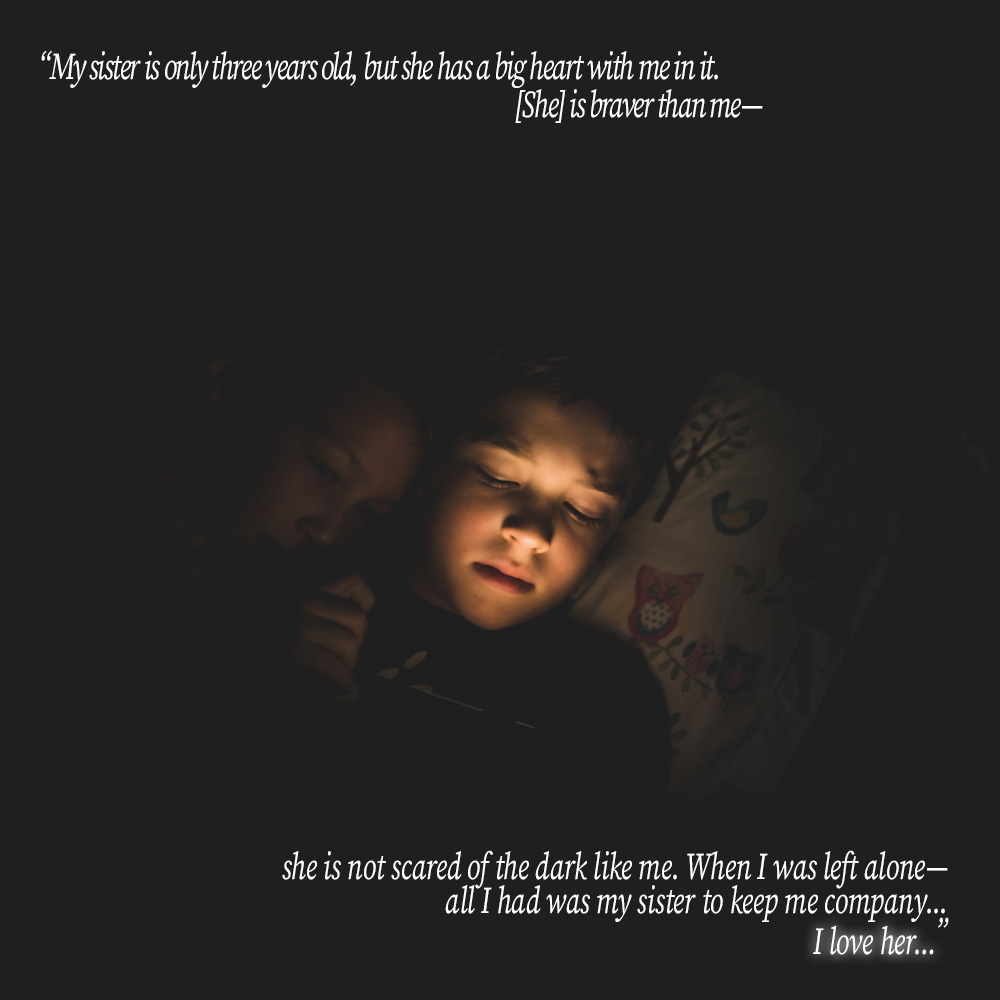- 909-948-5747
- Ark Homes Foster Family Agency 9645 Arrow Route, Bldg. 5, Suite A Rancho Cucamonga, CA 91730
- 909-948-5747
- Ark Homes Foster Family Agency 9645 Arrow Route, Bldg. 5, Suite A Rancho Cucamonga, CA 91730

Life in the foster system can be an incredibly traumatic experience for children. Various youths are taken from their home by no fault of their own. It is so tragic that these children are being reprimanded because of a home issue, more so, the tragedy of having their sibling(s) taken away is simply beyond devastating.
We would like to encourage families to consider the child’s sibling(s) when making future foster or adoption plans. Even with the Sibling Bill of Rights, we ask that you be proactive by mentioning your concern and interest in the child’s sibling(s) when speaking on your concern to foster or adopt. AB 743 states, “This bill would, instead, require the social worker, if siblings are not placed together, to explain why those efforts would be contrary to the safety or well-being of any of the siblings. The bill also would require the social worker to make diligent efforts to place siblings together in the same placement.”
From our research we found that siblings placed together experience a lower risk of failed placements, fewer moves, and many psychological benefits. Co-placement of siblings appears to stimulate a youth’s successful integration into foster family systems. Relationships between siblings support developmental needs such as belonging, security, self-esteem, rites of passage, and mentoring. Siblings placed together often feel more secure and can help each other adjust to their new family and community. Youth who are placed together in foster care tend to have healthier academic outcomes, lower rates of emotional and behavior problems, as well as a greater sense of be-longingness than separated siblings. Former foster youth reported that siblings provided them with a ready-made support group, an ally, someone to talk to if they had problems, and someone they could depend on. Siblings often stand as the last remaining connection and anchor of stability. A foster care alumnus shared:
“Sibling relationships are like no other. While I was able to fill the void my parents left me with through my adoptive parents, there’s not much that helps the pain of losing my siblings. They’re the only friends I ever had who truly knew me, and I will never be able to replace them.”
So why are children even separated in the first place? Many foster children throughout the country are separated from their siblings while they are in care due to the number space in homes and other concerns. Brothers and sisters separated from each other through foster care and adoption experience trauma, anger, and an extreme sense of loss. Research suggests that separating siblings may make it difficult for them to begin healing, make attachments, and develop healthy self-esteem. Truly, because of the affection they share, separated siblings often feel they have lost a part of themselves. The emotional pain experienced due to sibling separation can be overwhelming and devastating. The toll of these separations can make it more difficult to find long-term solutions. Children experience fear and panic when they are separated. Losing a sibling can cause children to feel like they have lost control over their own life. These feelings usually turn into rage as outbursts become common. An unfortunate & vicious cycle is set in motion where children can’t be reunited because of their behaviors which initially was never their fault. The inability to be reunited makes these behaviors worse. Lamentably, caseworkers determine it will be easier to find separate families rather than keep siblings together. Over time they grow up feeling like distant cousins. In some cases, they never see each other again.
“The group home that we went to forever changed our relationship. Nothing has been the same. I see them and it feels like I don’t even know them at all. I raised my little sister from infancy, and I see her now and she’s almost a stranger to me… At one point, I couldn’t even talk to any of them at all.”
Sadly, there is shortage of foster parents across the country. The lack of homes means it is rare to find long-term placements for more than one child. It can take weeks or even months before children can be reunited. Data on sibling separations is unsettling. According to the child welfare advocacy organization Adopt Us Kids, roughly 75 percent of children in foster care have at least one sibling that is also in care. Of these children, more than 65 percent will be separated at some point. We here at Ark Homes are aware to these statistics. We endeavor to improve and make a difference in the lives of foster & adoptive children. Furthermore, we understand that keeping siblings together can improve their foster journey and prevent a lifetime of longing and searching for not only lost brothers and sisters but the child’s sense of self and relation aptitude.